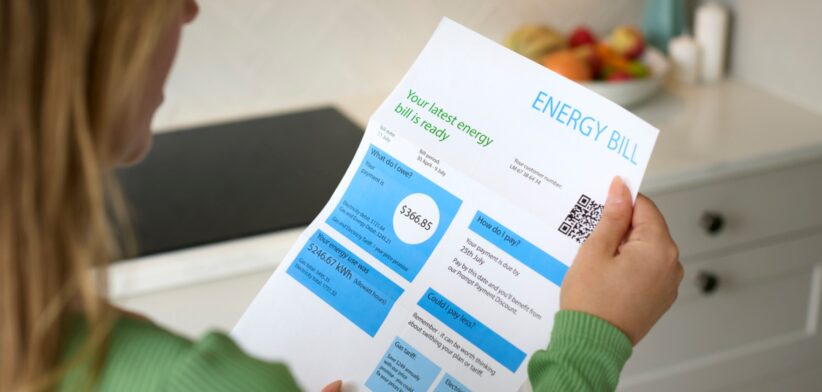Consumer group CHOICE has lodged it first “super complaint” to the Australian Competition and Consumer Commission (ACCC), targeting energy retailers.
In July last year, CHOICE was named by the Federal Government as one of three organisations with the authority to lodge a designated, or “super” complaint.
The ACCC website states a designated complaint “must relate to a significant or systemic market issue affecting Australian consumers or small businesses (and the) ACCC is required to consider and publicly respond to designated complaints within 90 days”.
CHOICE CEO Ashley de Silva said the group had used the authority to ask regulator to investigate energy retailers for potentially misleading consumers through how they describe and promote their plans.
Mr de Silva said research had found more than 60 energy bills told people they could save money by switching to a plan with an identical name, but different prices, leading people to believe they were already on that plan.
“CHOICE estimates that the practice of reusing identical names for plans with differing prices could, in aggregate, be costing Australian consumers approximately $65 million a year in savings,” he said.
“It shouldn’t be this hard to know if you’re being ripped off on your energy bill. That’s why CHOICE is making its first official ‘super complaint’ to the ACCC about the way energy retailers are describing energy plans.”
Mr de Silva said as part of the complaint, CHOICE collected almost 400 energy bills from supporters between January and March 2025.
He said the analysis revealed many retailers were reusing identical names for energy plans, despite offering them at different prices.
“This could be seen on bills in the ‘Could you save money on another plan?’ section, which retailers are required to include in bills to customers.
“Several bills informed consumers they could save money by switching to a plan with the same name as their existing plan.
“Many consumers reading this information were led to believe they were already on the best plan because the names were identical, potentially missing out on savings as a result.”








